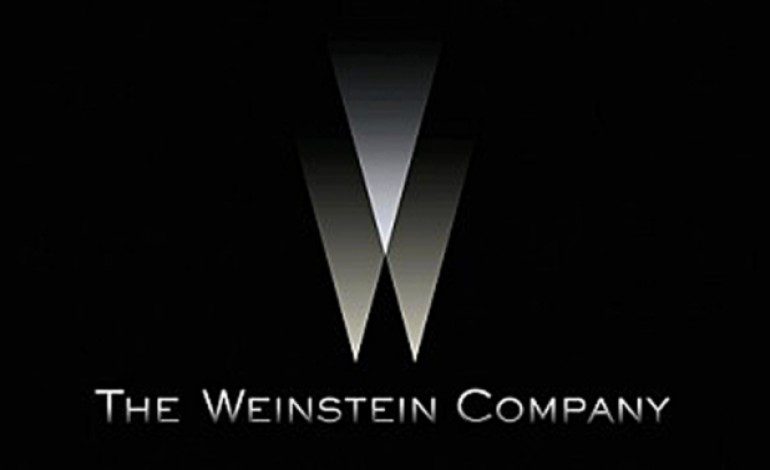

Throughout the years, Harvey Weinstein has served as a fixture in Hollywood, known for movies like Silver Linings Playbook and Shakespeare in Love. However, Weinstein also allegedly created a pattern of systematically sexually harassing and assaulting women in his field. With supposed transgressions ranging from verbal propositions (with the victim’s career at stake) to requesting “massages” from female employees to physical sexual assault, Weinstein has reportedly victimized many women throughout his career.
Though he also allegedly established a pattern of paying off those he harassed and assaulted, the New York Times has come forth with an extensive profile on Weinstein’s potential horrific actions along with information on and from some of his alleged victims, such as Emily Nestor, Rose McGowan, Ambra Battilana, and Ashley Judd. Weinstein has given no less than eight women money amidst lawsuits. Lauren O’Connor’s memo on the subject of his actions has served as one of the most central pieces of evidence of the toxic culture surrounding Weinstein, emphasizing his abhorrent behavior towards women who interact with him professionally.
Though Weinstein has offered a lackluster apology, he still has vowed to sue the paper who published the piece about his history of sexual harassment and sexual assault. He relayed a statement without any real acceptance of responsibility, first blaming his “[coming] of age in the 60’s and 70’s when all the rules about behavior and workplaces were different,” adding that it “was the culture then.” He went on to say in his statement that he “[had] since learned it’s not an excuse, in the office-or out of it. To anyone.” Regardless if he accepts or admits to blame, the fact remains that Weinstein has paid out multiple women for tens of thousands of dollars in response to his actions.
If the allegations are true, Weinstein’s apology is problematic, not just because it suggests that he never evolved from his transgressions, but because he is only one part of a bigger toxic culture. For decades now, Hollywood and the media industry have continued to reward male abusers in positions of power, no matter the volume of victims or evidence that appears.
Laura Madden, who was also allegedly subjected to Weinstein’s transgressions, observed a feeling that many of his victims (and victims of other abusers) must have also felt, namely that victims “question” their experiences. Weinstein drew on the script that many assault victims play over and over again in their head, asking themselves if their experiences were real; if they’re overthinking it; if they can even go forward in their career if they refuse; and how to prosecute someone even when no witnesses could corroborate this experience. Sexual harassment and sexual assault victims tend to internalize the blame, and as Weinstein’s position as a figure in the industry could dictate their futures, this could have impacted a cycle of abuse.
Currently, Weinstein has stepped down from his position at The Weinstein Company. Though his future in the industry is uncertain, Hollywood is being given an opportunity to choose to listen to the women he may have silenced, an action which has the potential to positively impact and even destroy a culture of victim-blaming and abuse.
